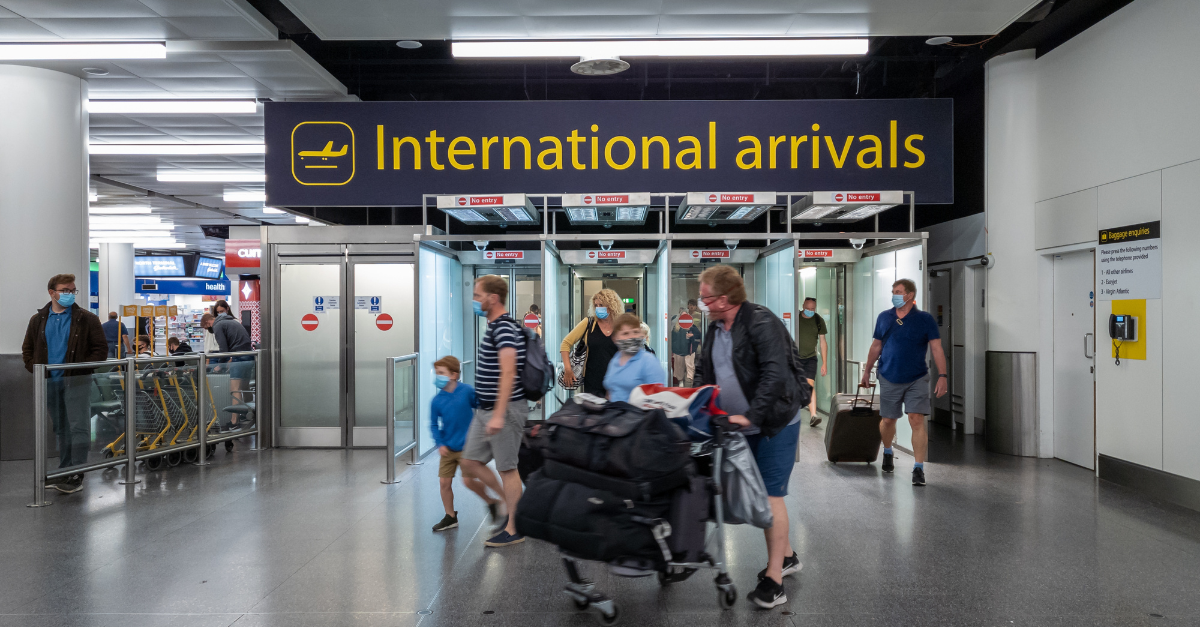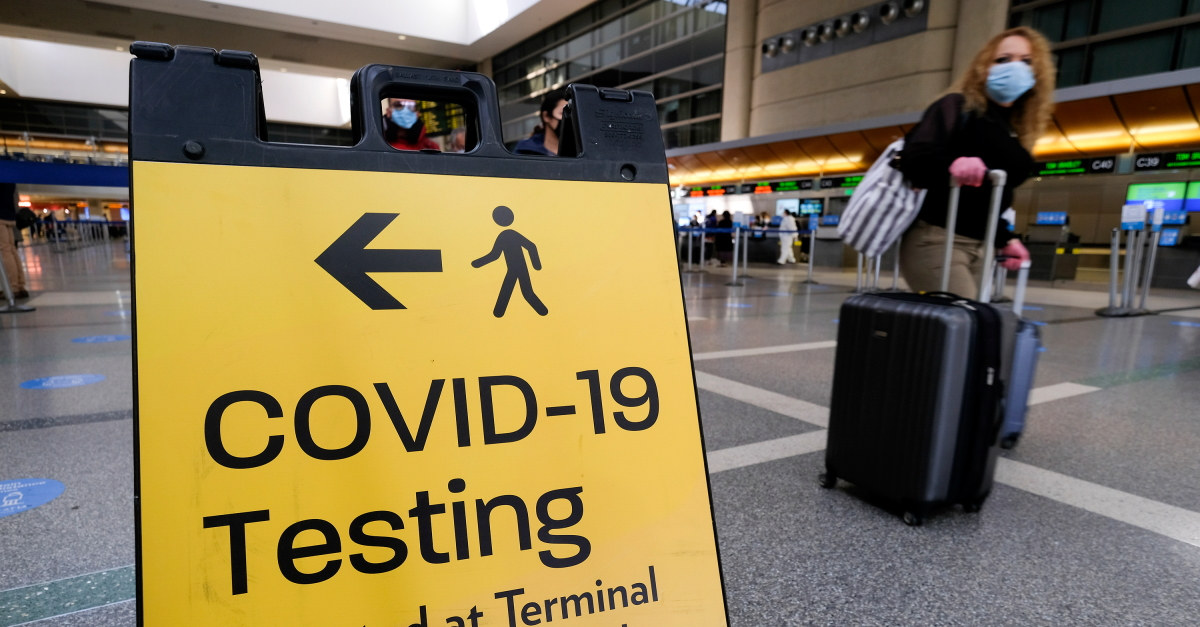Fewer flights cancelled and more arrived on time, latest CAA data shows
Statistics for January to March improve on previous period

Fewer flights were cancelled between January and March compared with the previous three months, according to data from the UK Civil Aviation Authority (CAA).
A total of 6,400 flights were cancelled in the first three months of the year, down from 7,300 in October to December 2022.
The CAA also said more flights arrived on time in the most recent period, with around 71.3% of 409,000 UK flights deemed to have operated on time (within 15 mins of scheduled arrival time). This lagged behind 2019 levels, however.
More: CAA highlights ‘unacceptable’ flight disruption in 2022 bounce-back
On reasons for cancellations and delays, the CAA said factors included “seasonal poor weather and industrial action by French air traffic controllers”.
The average delay improved from the last period, the CAA said.
It added: “As passenger numbers continue to increase and move closer to 2019 levels, the UK Civil Aviation Authority hopes to see a continuation of stronger resilience from airlines and airports to improve passenger experience, and avoid delays and cancellations.”
Royal Jordanian topped the rankings for on-time performance among airlines that had at least a daily service in the first quarter of 2023 (minimum of 180 movements), with 90% of flights on time, followed by Fly Play (88%) and KLM Cityhopper (85%).
The worst on-time performances were recorded by SriLankan Airlines (39%), Egypt Air (40%) and Kenya Airways (45%).
The CAA said: “The data also shows air freight continued to see a return to the pre-pandemic trend of the majority of freight being carried in the belly hold of passenger aircraft, rather than dedicated cargo only services.
“Compared with Q1 2022, Q1 2023 saw a 53% fall in cargo carried on dedicated freighter services – down to 204,000 tonnes. Cargo carried on passenger aircraft more than doubled to 330,000 tonnes. Overall, nearly 534,000 tonnes of cargo were carried.”
Photo: Yau Ming Low/Shutterstock

 JimMin
JimMin 
































